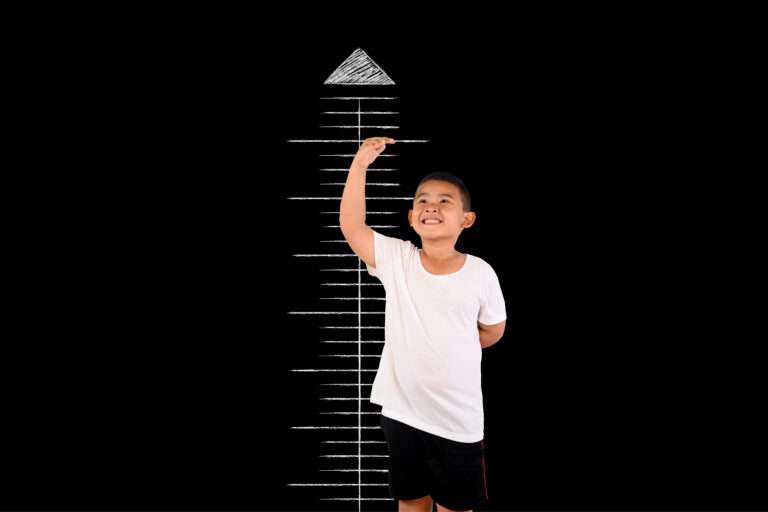Developmental screenings
Developmental screenings are evaluations designed to identify children who may have delays in their developmental milestones, including areas such as language, movement, thinking, behavior, and emotions. These screenings are a critical component of pediatric care and play a vital role in early identification of developmental issues. Here’s an overview:
Purpose of Developmental Screenings
- Early Detection: Identifying developmental delays or disorders early.
- Intervention Planning: Guiding appropriate interventions and therapies.
- Monitoring Developmental Milestones: Ensuring children meet key milestones in areas like speech, motor skills, and social behavior.
When and How Often
- Recommended Schedule: The American Academy of Pediatrics recommends developmental screenings at 9, 18, and 30 months. Additionally, autism-specific screenings are recommended at 18 and 24 months.
- As Needed: Additional screenings may be conducted if a parent or pediatrician has concerns.
Methods of Screening
- Questionnaires: Standardized tools like the Ages and Stages Questionnaires (ASQ) or the Modified Checklist for Autism in Toddlers (M-CHAT).
- Observations: Healthcare providers observe the child’s play, communication, and interactions.
- Parental Input: Parents’ observations and concerns are crucial in the screening process.
Areas Assessed
- Motor Skills: Gross and fine motor abilities like crawling, walking, and drawing.
- Language and Communication: Speech development, understanding, and use of language.
- Cognitive Skills: Learning, thinking, problem-solving.
- Social-Emotional Development: Interacting with others, expressing emotions.
- Adaptive Behaviors: Daily living skills like dressing and eating.
Outcomes of Screenings
- Normal Development: If a child passes the screening, regular monitoring continues.
- Potential Delays Detected: Further evaluation is recommended. This may involve a comprehensive developmental evaluation.
- Referral to Specialists: Children who show developmental concerns are often referred to specialists like speech therapists, occupational therapists, or developmental pediatricians.
Importance of Parental Involvement
- Parents are encouraged to actively participate in the screening process, providing information about their child’s behavior and milestones at home.
Challenges and Considerations
- Cultural and Language Differences: Screenings should be sensitive to cultural variations and language differences.
- Access to Services: Ensuring all children have access to developmental screenings and subsequent interventions.
Follow-Up and Interventions
- Early Intervention Programs: For children who show delays, early intervention programs can provide tailored services.
- Regular Monitoring: Continuous monitoring of a child’s development is essential, especially if early concerns were identified.
Conclusion
Developmental screenings are an essential tool in pediatric healthcare, allowing for the early detection and intervention of developmental delays. They help ensure that children receive the support they need to reach their full potential. Parents should be aware of the importance of these screenings and participate actively in the process.
------------From our Sponsors------------






